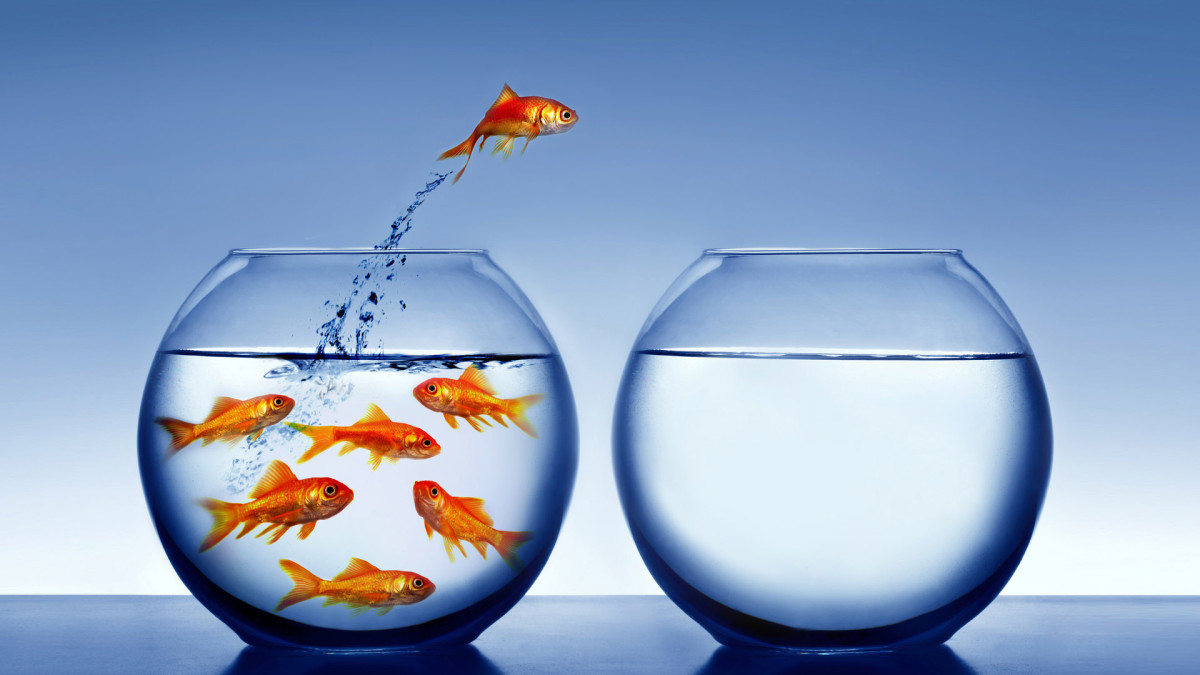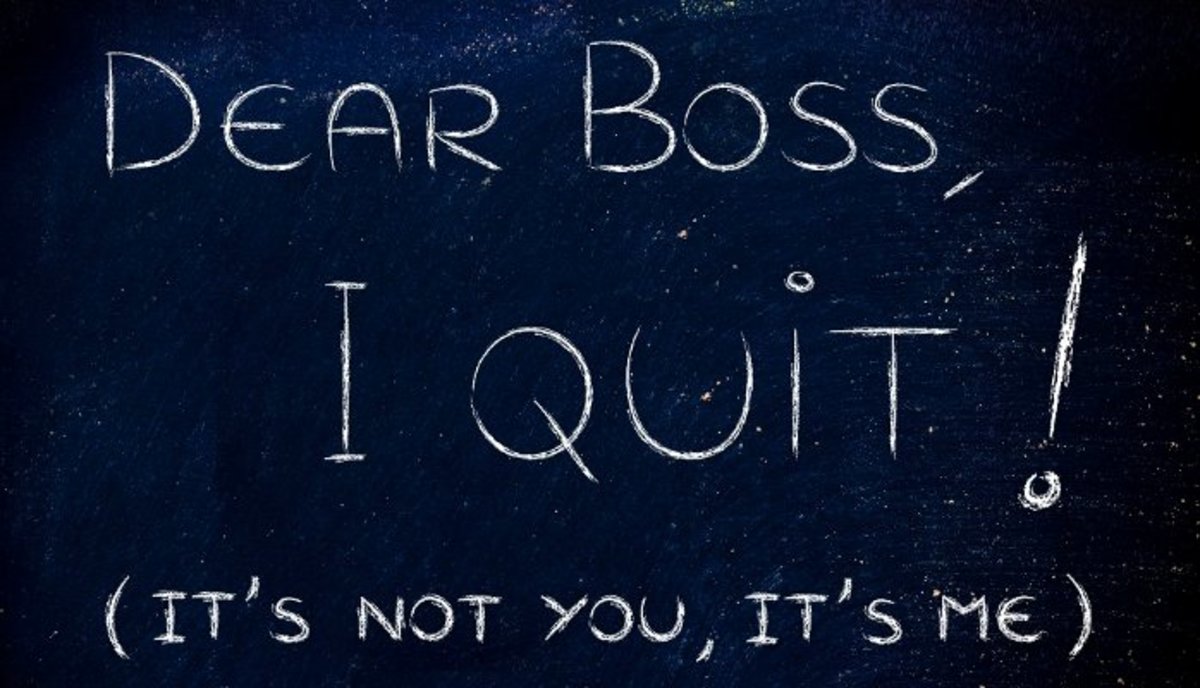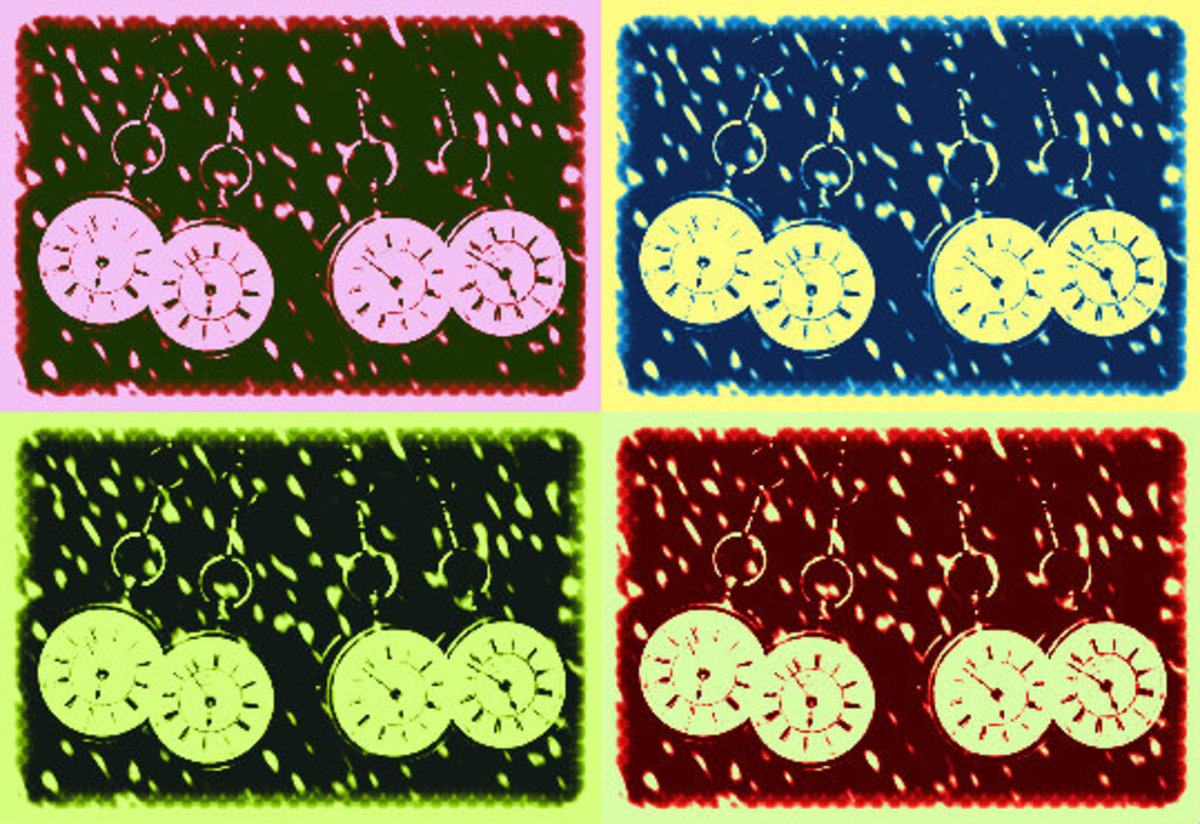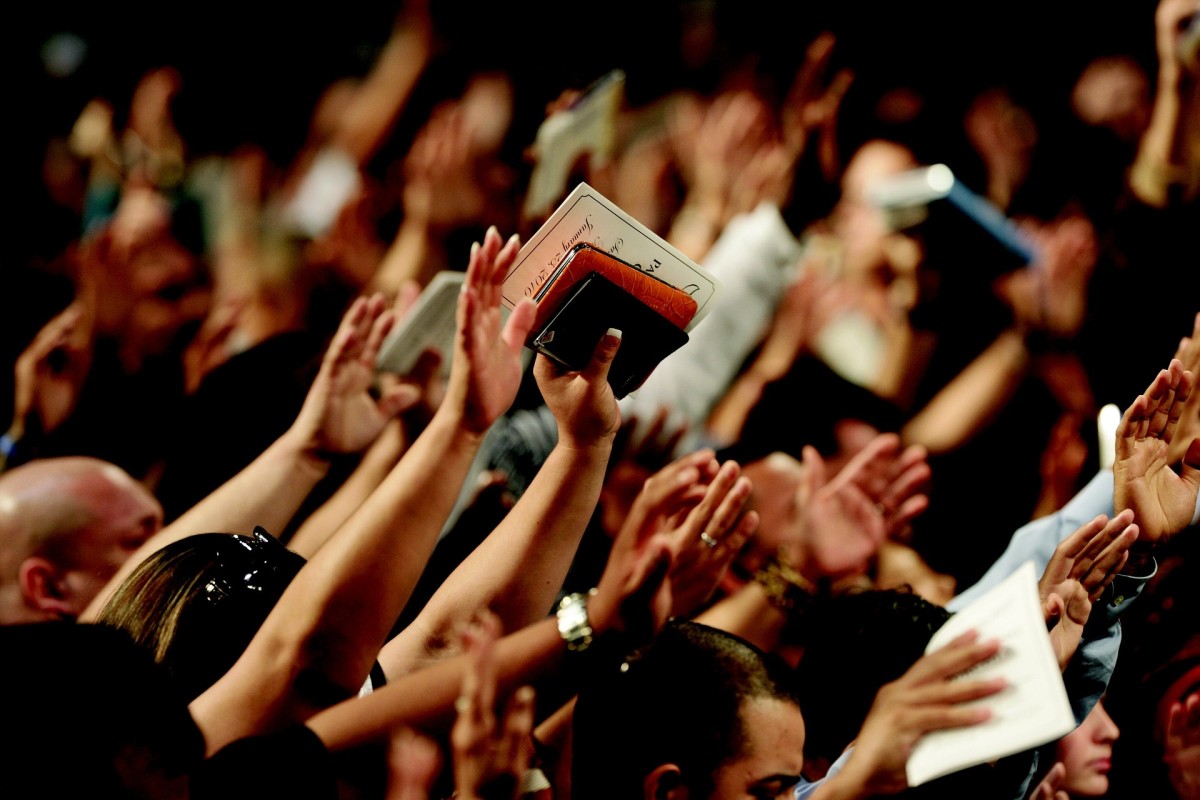Are All Of Our Choices Really Free Choices?


Free Choice
Copyright 2008 VVeasey Publishing
10/22/12
Most of you probably think the answer to that question is a resounding yes.
I’ve heard many times, from many people, in many places, that we all make choices and if we make our beds we have to lay in them. Meaning, when we make choices we suffer the consequences of our choices, because we choose to do the things that brought about the consequences of our choices. Some of you may be vehement in your belief that we all freely choose our behavior. While I can see how some of you see it that way, it may not always be the case, that our choices are always freely chosen, including yours.
Types Of Choices
There are different types of choices: free choices, habitual choices, addictive choices, coercive choices and as an overall category, unconscious choices.
These can be broken down even further if you like, but for my purposes, these will suffice.
We’ve all heard of free choice (or as the Judeo-Christians call it, free will) but what is a free choice? For a choice to be free, nothing can be impinging or obstructing your awareness of various options, open to you for you to choose between. This includes any emotion, feeling, person, place, or thing, that may be influencing which choice, you decide to make.
If you think that all of our choices are free choices, you may find it hard to understand why some people, choose to make “bad” choices. But, on a deeper level of perception theirs, and even your choices, may be seen to be only partially free choices, or not free at all.
To make this clearer, let’s look at the next two categories of choices, habitual and addictive choices.
You may find it a little confusing, to decipher the differences between a habitual choice, and an addictive choice, and although they are similar, there are differences.
Difference Between Addictive And Habitual Choices
The difference between habitual and addictive choices, is that a habitual choice is something you do without thinking, without awareness or very little awareness, of what you're doing. It’s something you’ve learned, or started doing, at some point, and that you now do, or say without thinking about it. But, if you're made aware of it. You can usually alter that behavior, with continued awareness and practice.Sometimes, this type of behavior, is called "natural" or "instinctual".
Addictive choices can include habitual behaviors, but the difference is that, addictive choices are usually driven or motivated by unconscious needs, desires, emotions, fantasies, memories or a combination of all of these. And, because, they are associated with needs, like all needs, they seek fulfillment. But, unlike normal needs, these needs, are usually more compulsive, because, you usually has no awareness of them and therefore can’t adequately fulfill them.
So they build up, like steam in a bottle with no outlet.They can drive the person afflicted, to make compulsive choices, and perform compulsive behaviors, that they find hard to control or can’t control.The afflicted person, appears to be freely choosing to do what they do, but, usually have little or no control, over whether they do what they do or not. Even, when they are made aware that their choices are addictive, practice and awareness usually, aren't enough to alter them, unless the underlying needs, or emotional states are addressed as well.
Examples of Addictive Choices
Here are two examples of, addictive choices, to illustrate the differences for you.
Suppose a man has the desire to talk to an attractive woman at a bar. But he doesn’t approach her, because, he feels nervous and fearful of being rejected by her, or treated as if he’s annoying her. He experiences a feeling of lack, (a need is a lack) the feeling that he's lacking something, he needs to deal with this situation.What does he need?
He needs to feel, more relaxed and confident, so he can approach the woman (or any woman) and feel Ok about himself, if he’s rejected or turned down by her. (He may only be vaguely aware or not aware at all that this is what he needs.)
What can he do, to cope with his feelings, of nervousness and fear?
He could just avoid approaching the woman altogether, (which still wouldn’t get him what he needs). But, instead, he makes the addictive choice to drink alcohol until the intensity of his feelings, alter to the point, that he feels less fearful, and a chemically induced, sense of self-confidence. Now he can approach the woman. If she rejects him, he can say he doesn’t care or that she’s a bitch or a dike, or anything that will allow him, to still feel ok about himself, and diminish his feelings, of rejection, and of feeling he’s not good enough for the women.
He engages in this, behavior, on separate occasions, with various women, until it becomes an addictive behavior pattern. Now, he can’t approach an attractive female at a bar, or a party, unless he’s buzzed up or drunk. Instead of learning how to feel, more confident about himself, and independent of whether a particular female rejects him or not, he’s learned to substitute an addictive behavior pattered, for the fulfillment of his real needs.This, addictive behavior pattern, becomes automatic, whenever his feelings of rejection or of not feeling good or attractive enough, get triggered, when he seeks to gain the attention, of a desired female.
Make sense?
Another Example
Let’s take the example of a twenty year old female who still lives with her mom and dad.
Mom and dad are overly protective, and don’t allow her much room for expressing her individuality, or any feelings of anger or frustration, she may be feeling toward them. She goes along with just about whatever they want, because, since she was a child, she’s always gotten strokes, for being a good girl (obedient) and not causing many problems for mom and dad. But, since starting adolescence, she’s been feeling more like she needs her own space and her own identity. But, out of respect for her parents, and to avoid feelings of guilt, she doesn’t verbalize her feelings. She keeps them inside. She feels more and more frustrated.
Her continual feelings of frustration, turn to anger, then resentment. As the frustration and anger build up, she feels more anxious and fearful, that one of these days, she may explode in a fit of rage towards mom and dad! What’s the need she’s not fulfilling?
The need, she’s not fulfilling, is the need to be more emotionally independent of her parents influence. So she can feel ok about verbalizing her feelings, instead of bottling them up inside of herself. But instead of learning to fulfill that need, she makes the addictive choice, to binge on alcohol instead. She, experiences, a chemically induced sense of relaxation, of feeling care free, and more in touch with her pent-up feelings.
One, day, while she’s intoxicated, her pent up feelings, unexpectedly spew out at mom and dad in a fit of rage! All the back load of anger, frustration, and resentment she’s been holding in. comes pouring out, and she feels a sense of relief and satisfaction! But, when she sobers up, and realizes what she’s done, she’s flooded with feelings of guilt, embarrassment and panic!
She begs her parents to forgive her and vows never do that again! To avoid a reoccurrence of that situation, she starts to more intensely bottle up her anger and frustrations, and experiences some relief, but not for long. She, gradually, starts secretly drinking again and the process starts over, and repeats itself again and again. Each time, she repeats this process, the pressure and anxiety of bottling up her feelings becomes greater and greater! She drinks more and more frequently! Now, the only time she feels normal, that she can be herself, or she can verbalize her feelings, is when she buzzed up or drunk! She’s substituted an addictive behavior pattern, for the fulfillment, of her true needs.
Now, honestly, would say that people whose choices are addictive or habitual, are making free choices?
Stopping Addictive Behaviors
Now, let’s spend some time, looking at how you can change, habitual or addictive behaviors, thoughts and feelings and fulfill your true needs.
What do you need, to help you change your habitual, addictive behaviors into healthy free choice behaviors? You need Insight, hindsight and foresight.
Choose as habitual or addictive behavior, that you would like to change, and let's see how insight, hindsight and foresight can help you deal with it..
Hindsight
Hindsight, would probably be the first dimension of awareness, you’ll have about the behavior, because you’ll probably become aware of doing the behavior, after you’ve done it, rather than while you’re in the midst, of doing it (which would be insight). With, hindsight, you become aware after you’ve done the habitual or addictive behavior, that you’re trying to stop. You look back and say “Man I did it again!”
Insight
The next dimension of awareness, you need, to alter your habitual or addictive behavior is insight. With, insight, you become aware of the doing the behavior, while you’re in the midst of doing it. If, you aren’t aware of doing the behavior while you’re doing it, it’s all but impossible to stop doing it. You want to become aware of doing the behavior, while you’re actually in the act, of doing it. So you can stop doing it.
The next step, is to stop yourself, before you do the behavior.
This may take some doing. Especially, if it’s an old habit, that you’ve been doing for years. But, you keep making the effort, and observing your actions, until you become aware right as you’re about to do the behavior, then stop yourself from doing it.
Even, if you fail a few times, you get back on the wagon you try again. Eventually, you’ll get to the point where you don’t have to continue the behavior, even if you find yourself starting to do the behavior.
Foresight
The final dimension of awareness, you need to stop habitual and addictive behaviors, is foresight.
With foresight, you see the things and situations that trigger the behavior, before you do the behavior. You have a choice.You can do the behavior or not do the behavior. Much time, work and effort, will have been spent, before you reach this point in the process. But you can get there.The, main thing, is to catch yourself while in the act of doing the behavior. Then, catch yourself, just as you’re starting to do the behavior. Then, see the things that trigger the behavior, before they trigger the behavior.Then, choose not do, the behavior.
Follow This Process
Any habitual, addictive behavior pattern, state of mind, attitude, or emotion, can be altered or stopped, following this process. When, you get to this point, your choices will really be free
Now, try it out in your everyday life.
Do you think, that all your choices, are free choices? Has your, viewpoint changed, been expanded, or remained, the same?









